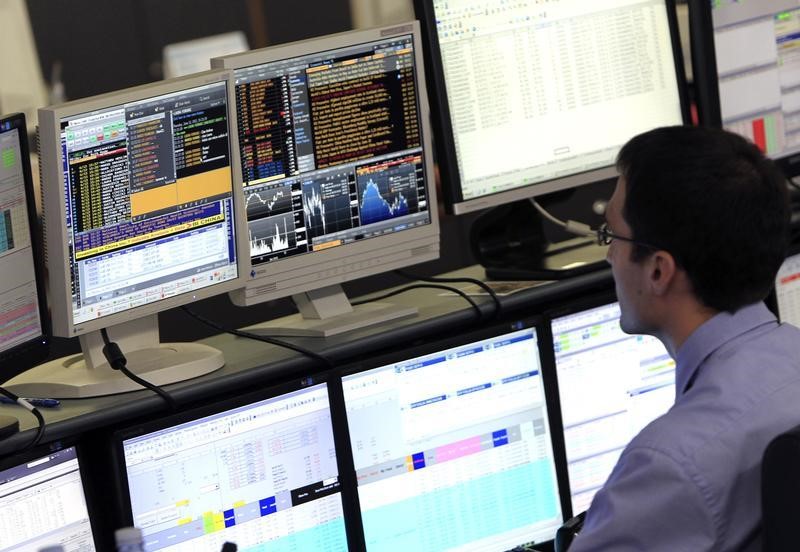© Reuters. FILE PHOTO: The United States Supreme Court building is seen as in Washington, U.S., October 4, 2023. REUTERS/Evelyn Hockstein/File Photo
By Andrew Chung
(Reuters) -The U.S. Supreme Court on Friday lifted restrictions imposed by lower courts on the ability of President Joe Biden’s administration to encourage social media companies to remove content deemed misinformation, including about elections and COVID-19.
The justices granted the administration’s request to put on hold a preliminary injunction constraining how White House and certain other federal officials communicate with social media platforms. The justices also agreed to hear arguments to decide the merits of the administration’s appeal of the rulings by the lower courts.
Conservative Justices Samuel Alito, Clarence Thomas and Neil Gorsuch publicly dissented from the decision to pause the injunction pending the Supreme Court’s review.
The Republican attorneys general of Missouri and Louisiana and a group of social media users sued federal officials, accusing them of unlawfully helping suppress conservative-leaning speech on major social medial platforms, such as Meta’s Facebook (NASDAQ:), Alphabet (NASDAQ:)’s YouTube and X, formerly called Twitter.
Lower courts found that administration officials likely coerced the companies into censoring certain posts, in violation of the U.S. Constitution’s First Amendment free speech protections.
The case represents one of numerous legal battles underway pitting free speech against content moderation on the internet. Many liberals have warned of the dangers of social media platforms amplifying misinformation and disinformation about public health, vaccines and election fraud. Many conservatives have accused these platforms of censoring their views.
The Biden administration has argued that officials did nothing illegal and had sought to mitigate the hazards of online misinformation, including about the pandemic, by alerting social media companies to content that violated their own policies.
The dissenting justices, in an opinion written by Alito, criticized the court’s action on Friday.
“At this time in the history of our country, what the court has done, I fear, will be seen by some as giving the government a green light to use heavy-handed tactics to skew the presentation of views on the medium that increasingly dominates the dissemination of news. That is most unfortunate,” Alito wrote.
Missouri Attorney General Andrew Bailey said he looked forward to “dismantling” Biden’s “vast censorship enterprise” when the Supreme Court hears the case.
The Justice Department declined to comment.
Louisiana-based U.S. District Judge Terry Doughty issued a preliminary injunction in July. The judge found that the plaintiffs were likely to succeed on their claim that the government helped suppress “disfavored conservative speech” by suppressing views on mask-wearing, lockdowns and vaccines intended as public health measures during the pandemic or that questioned the validity of the 2020 election in which Biden, a Democrat, defeated Donald Trump, a Republican.
The injunction barred an array of government officials from communicating with platforms regarding content moderation, such as urging the deletion of certain posts.
The New Orleans-based 5th U.S. Circuit Court of Appeals on Sept. 8 narrowed that order but affirmed that the White House, Office of the Surgeon General, FBI, and CDC had “coerced or significantly encouraged” the platforms, transforming decisions by those companies into “state action” in violation of the First Amendment.
The 5th Circuit on Oct. 3 extended the injunction’s reach to the U.S. Cybsecurity and Infrastructure Security Agency.
Biden’s administration urged the Supreme Court to block the injunction in full as it would interfere with how thousands of White House, FBI and health officials address matters of public concern and security.
The Justice Department said Biden’s closest aides were entitled to use the presidential bully pulpit to convince companies to act in ways that advance the public interest, and that there is “a fundamental distinction between persuasion and coercion.”
Arguments in the case are expected to be held early next year, with a ruling expected by the end of June.
Read the full article here
